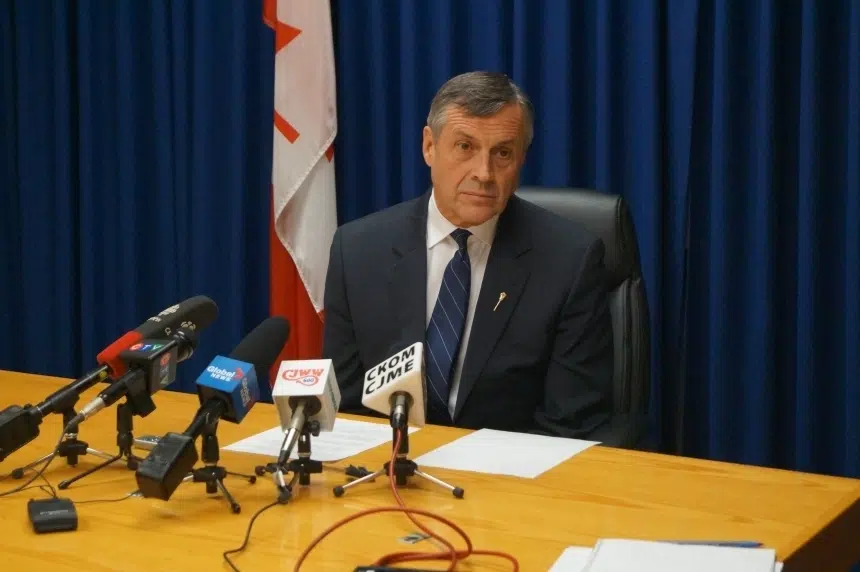The Saskatchewan government is citing safety concerns as the reason behind reversing its rules for Indigenous people hunting on provincial pasture lands.
“With the number of animals and people who are potentially on the land, the recommendation back to (the ministry of agriculture) was they should revert back to the status quo,” said provincial minister Don Morgan.
The minister said it’s been about two years since First Nations and Metis people were allowed year-round access to hunt on those lands.
On Wednesday, it was announced Saskatchewan is returning to a previous directive where Indigenous hunters can only access these lands in the fall after pasture operations have ceased for the year and cattle have been removed.
The same rules are in place for all hunters.
Indigenous people can also access the areas anytime during the year with permission from the pasture manager.
“There’s been recent case authority that would seem to indicate the overall, over-arching, concern should be safety,” Morgan said.
In an email to 980 CJME, the Ministry of Justice stated the main case it relied on stemmed from the Supreme Court of Canada in 2006.
“The legal principle from the case was that safety is paramount,” the department wrote.
“The court was very clear in saying that hunting rights must be exercised in a safe manner that respects the lives and property of others.”
The ministry also looked at another case, from 2009, dealing with hunting at night from a road.
“The court was very clear in saying that Treaty rights are subject to safety requirements.”
While Morgan couldn’t speak to who was consulted, he said he didn’t believe the Federation of Sovereign Indigenous First Nations (FSIN) had been included.
“Because FSIN doesn’t have specific groups that would access hunting. They’re an overarching umbrella group,” the minister said.
FSIN Chief Bobby Cameron has been vocal about what he called the “violation” of treaty rights.
“Long before any settler or government arrived on these lands, it was First Nations people who hunted, fish, trapped and gathered on these lands,” he said Thursday.
“It’s a legal battle in the making, and it’s going to happen.”
Cameron said Indigenous hunters, including himself, are going to continue hunting on the land.
“So be prepared to charge me,” he said.
Cameron added he found it “disrespectful” the FSIN only learned about the change through a Facebook post by the Saskatchewan Wildlife Federation.
“We had no idea, no clue,” he said.
Assembly of First Nations Chief Perry Bellegarde also spoke to reporters at the FSIN spring assembly Thursday. He explained the need for all leaders to come together to find a solution.
“Treaty trumps policy. And so the policies have to get in line with this treaty relationship,” he said.
“Now the courts are saying we have, ‘right of access.’ Well, pretty soon, we’ll only be able to hunt and fish and trap on our reserves – and that’s not how treaty should be implemented.”
— With files from 650 CKOM’s Daniella Ponticelli and 980 CJME’s Sarah Mills.







